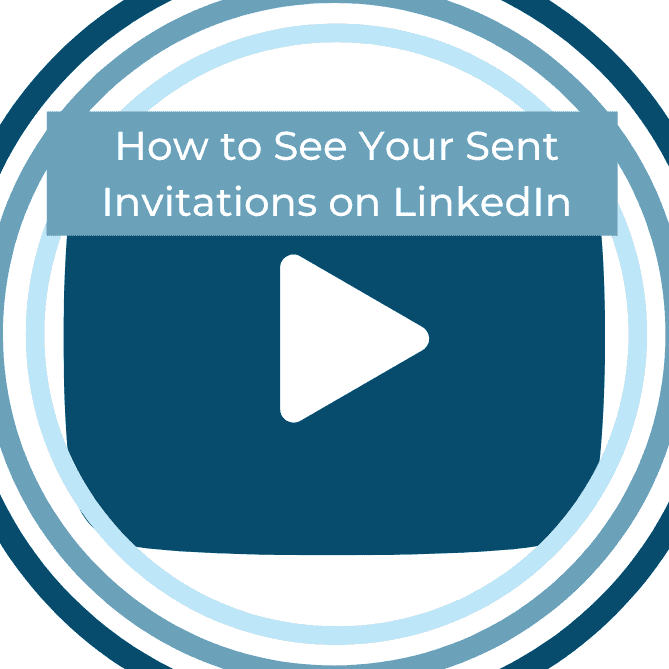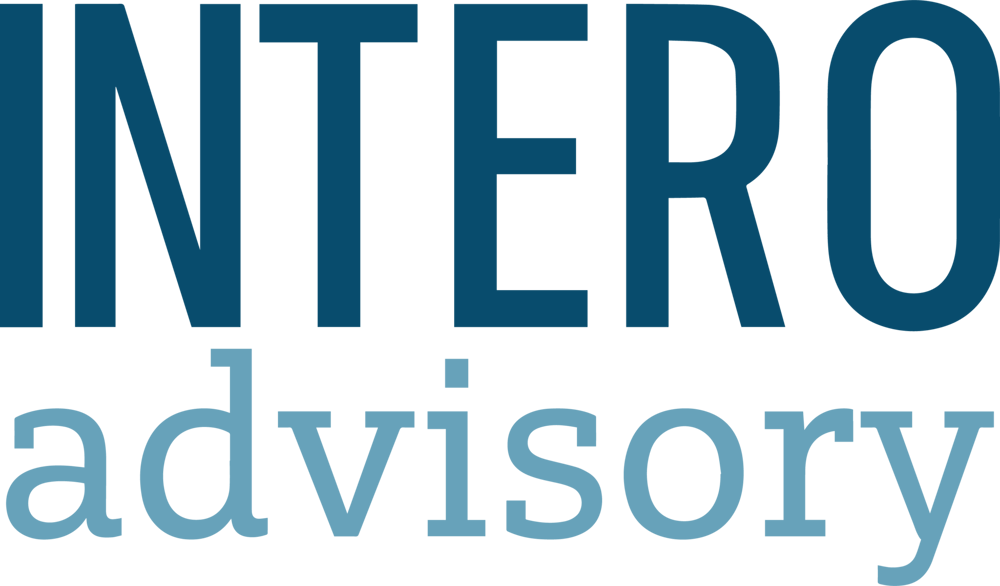Been on LinkedIn a while? Maybe it’s time to rethink your strategy. I did.
My LinkedIn network has always been open. All of my connections could see one another, but I was selective — I didn’t connect with everyone. I wanted to build a highly engaged network so I encouraged people to look in my network and let me know if they wanted an introduction.
After writing the last two blog posts on intentional, random and super connectors, it occurred to me that I should reconsider my strategy. I reviewed my goals (reach as many people as I can) and my network (awesome people) and decided I should shake it up a bit.
You basically only have two choices for how to handle your LinkedIn network. It is either open and all your connections see one another, or your network is closed and only you see your connections. I hope LinkedIn changes that and allows you (if you choose) to partition your network into categories or Google-like circles with varying access. I would like to have a trusted advisors area, a partners area, a rock-star area and so on. I can’t imagine this isn’t on some engineer’s to-do list at LinkedIn.
Everyone who is a business professional is a potential prospect for me. From there I add in particular filters to understand my ideal customer. I hesitated to connect with people I did not know because I respect the people in my current network and did not want to open them up to potential unwanted invitations, which my open network might bring them. But when I thought about it I decided that was short-sighted for my own business development efforts and the focus on building a strong and diverse business network.
Someone asked yesterday if I could find them the proverbial one-armed paperhanger. I think I could actually. I want to find the rare, highly skilled professional that someone needs at a moment’s notice and the larger my network the easier it is to find the right path.
I reiterate over and over the importance of a strong, diverse, highly engaged LinkedIn network. There is no magic number of connections. It depends on your strategy. A young professional is building and gathering a network, someone in career or industry transition needs to branch out perhaps, a CEO may choose a smaller but more trusted network or they may be in business development mode and connect with a wider net of potential customers. It all depends, and it changes throughout your career. Especially today.
I’m bridging right now. I’ve decided to connect with more people I don’t know (not everyone though) and protect the integrity of the network I’ve created by closing my network. What does this mean exactly?
- My connections will continue to see the path for connecting
- My connections will continue to see who we share in common
- My connections will continue to be able to ask for introductions
- My connections will continue to benefit from connecting since my network is robust and boosts their 2nd level connections
Since my network is closed I have to work a bit harder at the following:
- Creating introductions. Rather than say “go look and let me know who you might like to be introduced to” I now have to adjust and say “let me know some of the types of people you are looking to meet or let me know someone in particular you are looking to meet”
- Staying engaged with the people I know well
- Connecting and staying relevant with the people I don’t know that well
- Creating a next step with the people I don’t know at all
Each of these requires a plan and thought, and in order to work well, different messages. I am working hard to make sure my tags are correct (time consuming but worth it) and I tap into setting reminders through the Contacts area.
Once I explore this path for a while and see how it plays out relative to my goals maybe I will open up my network again. Not sure but I am hopeful.
Take our 2 minute How Do You Use LinkedIn? survey and we’ll send you a five suggestions on ways you can increase your LinkedIn expertise.




